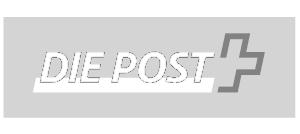On-Page SEO: 10 tricks to optimise your website
The opinion of a Swiss IT service provider on the subject of 'on-page SEO tricks'.
There is no doubt that SEO is a complex and ever-evolving field. But despite the challenges, there are a number of on-page SEO tricks you can use to improve your website's ranking and visibility. In this article, we will introduce you to some of the most effective techniques.
Note: PolygonSoftware wrote this article using artificial intelligence. Learn more
The basics of on-page SEO
- Use keyword-rich titles and descriptions.
When you create a blog post or page, make sure you use your target keyword in the title and description. This will help Google understand what your page is about and rank it higher in search results.
- Optimise your images.
When you upload images to your website, you should optimise them with your target keyword. This will help Google understand what the image is about and rank it higher in search results.
- Use subheadings.
Structure your content with subheadings and use your target keyword in at least one of them. This will help Google understand your content and rank it higher in search results.
- Use keywords throughout your content.
Make sure you use your target keyword throughout your content, including in the text, title and description. This will help Google understand your content and rank it better in search results.
- Optimise your website for speed.
Google now considers the speed of websites when ranking pages. Optimise your website for speed so that you rank better in search results.
Optimise your title tag
The title of your page is one of the most important on-page SEO factors. It tells both users and search engines what the page is about.
Your title tag should be around 50-60 characters long, including spaces. It should accurately reflect the content of the page and contain the keywords you want to rank for.
The title tag is also the first thing users see in search results, so it needs to be memorable and interesting.
Optimise your meta description
The meta description is the text that appears below the title in the search results. It is important to write a meta description that accurately reflects the content of the page and contains your target keywords.
The meta description should be about 150-160 characters long, including spaces.
Optimise your robots.txt file
The robots.txt file is a text file that tells search engines which pages of your website they are allowed to crawl and which ones they are not.
If you want to prevent a page from being crawled, you can add it to your robots.txt file.
Optimise your meta description
Optimising your meta description is a great on-page SEO trick because it can help improve your click-through rate (CTR). The meta description is the text that appears under the blue link in the search engine results pages (SERP). It is important that it is enticing and relevant to the user's search query.
To optimise your meta description, make sure it is around 150-160 characters long and contains your target keyword(s). You can also use a call to action (CTA) to encourage the user to click through to your website.
Optimise your header tags
The header tags on your page show search engines what the most important information on the page is. You should make sure that your header tags are properly optimised and that the most important information comes first. The most important header tag is the h1 tag, followed by the h2 tag. You should only use one h1 tag per page and make sure, that it accurately describes the content of the page. The h2 tag can be used to further describe the content of the page and to list the different sections of the page. You should use as many h3 and h4 tags as necessary to accurately describe the content of the page.
Optimise your title tag:
The title tag is the most important element of on-page SEO. It is the first thing the search engines see when they crawl your page and it is the most important factor in determining your page rank. The title tag should be around 50-60 characters long and accurately describe the content of the page. It is also important to include your keywords in the title tag, but you should not overdo it. The title tag should be catchy and interesting and entice visitors to click on it.
Optimise your meta tags:
The meta tags are not as important as the title tag and the header tags, but they can still be useful to optimise your page.
Optimise your images
Adding images to your blog posts is a great way to break up the text and make it visually interesting, but it's also important to optimise your images for SEO. Here are a few tips:
-
Use keyword-rich file names.
-
Include your target keyword in the alternative text of the image.
-
Include relevant keywords in the title and description of the image.
-
Adjust the size of your images to the right dimensions.
-
Use compression tools to reduce the file size.
Optimise your content:
To optimise your content for search engine optimisation, you need to use your target keyword throughout your post. Here are a few tips:
-
Use your keyword in the title of your post.
-
Write a catchy headline that includes your keyword.
-
Mention your keyword in your introduction and explain its meaning.
-
Use your keyword throughout the paper, including in the body, conclusion and metadata.
-
Refer to other relevant sources that contain your keyword.
-
Include multimedia content such as photos, videos and infographics.
-
Use internal and external links to related content.
-
Check your post for spelling and grammar mistakes.
-
Proofread your post before publication.
Optimise your anchor text
One way to optimise your on-page SEO is to use keyword-rich anchor text. When you link text on your page to another page, you should use keyword-rich anchor text that accurately describes the page you are linking to. This will help improve your website's ranking in the search engine results pages (SERPs).
Another way to optimise your on-page SEO is to use effective title tags and meta descriptions. Make sure that your target keywords are included in your title tags and meta descriptions and that they accurately describe the content of your pages. This will help improve your website's ranking in the SERPs and attract more visitors to your website.
You can also improve your website's ranking in the SERPs by optimising your website's internal linking structure. Make sure that you link to your most important pages from your homepage and make sure that you use appropriate anchor texts when linking to your pages. This will help improve the ranking of your pages in the SERPs and also increase the overall usability of your website.
By following these simple on-page SEO tricks, you can improve the ranking of your website in the SERPs and thus attract more visitors to your website.
Optimise your URL structure
A well-optimised URL is both user and search engine friendly. When creating your URLs, keep the following in mind:
-
Use key words in the URL
-
Keep the URL length as short as possible
-
Use hyphens to separate words in the URL
-
Avoid the use of special characters.
-
Make sure that the URL is crawlable
-
Use 301 redirects to redirect old URLs to new URLs
URL optimisation is one of the most important aspects of on-page SEO. By following the tips above, you can create user and search engine friendly URLs that will improve your SEO ranking.
Conclusion
There you have it - a few on-page SEO tricks that will help you rank your website high in the search results pages. But remember that SEO is an ever-evolving field, so keep up to date with the latest changes and trends. And most importantly, always test, test, test!
Hey! AI is shaping our world—but who decides how it evolves? In my podcast on AI & ethics, I discuss the biggest challenges:
- AI Bias & Discrimination – How can we build fair algorithms?
- Manipulation through AI – Can we trust ChatGPT?
- AI & Democracy – Threat or opportunity?
I research ethical AI algorithms and responsible AI development. If you want to collaborate, feel free to reach out!













